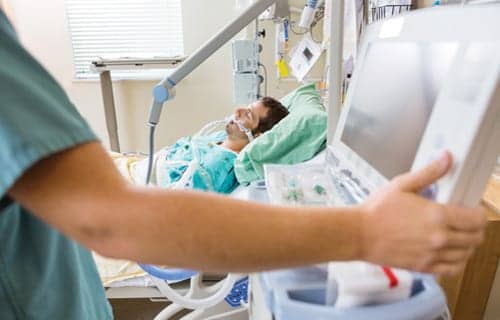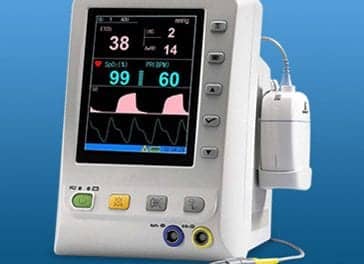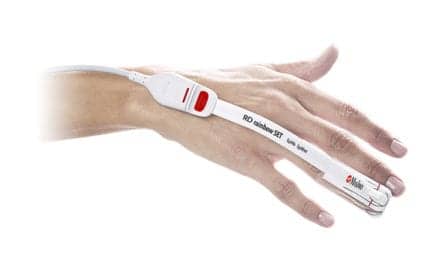The Physician-Patient Alliance for Health & Safety (PPAHS) recently issued a statement encouraging the continuous electronic monitoring of patients receiving opioids. The statement notes that adopting continuous respiratory monitoring will improve timely recognition of respiratory depression, decompensation, or clinical deterioration and can improve patient safety.
The PPAHS news release also indicates that the Centers for Medicare & Medicaid Services (CMS) issued this revised guidance on March 14, 2014. The guidance recommends “at a minimum” that hospitals “have adequate provisions for immediate post-operative care, to emphasize the need for post-operative monitoring of patients receiving IV opioid medications, regardless of where they are in the hospital,” as noted on the PPAHS news release. In addition, the guidance necessitates monitoring for all patients receiving opioids when in the hospital.
Michael Wong, JD, says, “In issuing this statement we are especially reminded of Amanda Abbiehl, Leah Coufal, John LaChance, and countless others who may still be alive today had they been continuous electronically monitored.” PPAHS released these and other stories of patients who suffered opioid-induced respiratory depression at the inaugural meeting of the National Coalition to Promote Continuous Monitoring of Patients on Opioids.
The revised CMS guidance also provides increased vigilance to patients receiving opioids, especially those receiving opioids postoperatively, according to the PPAHS news release.
In regards to the reason for guidance issuance, CMS writes, “Each year, serious adverse events, including fatalities, associated with the use of IV opioid medications occur in hospitals. Hospital patients on IV opioids may be placed in units where vital signs and other monitoring typically is not performed as frequently as in post-anesthesia recovery or intensive care units, increasing the risk that patients may develop respiratory compromise that is not immediately recognized and treated.”
Source: Physician-Patient Alliance for Health & Safety










